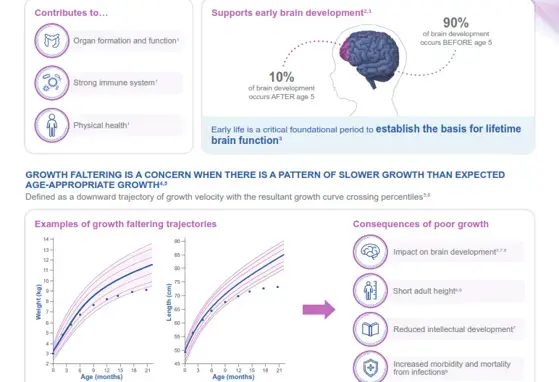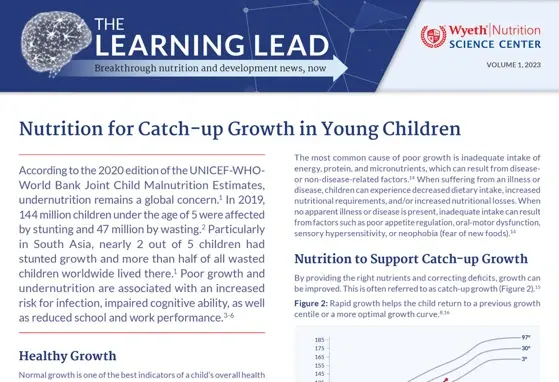[Local data] The influence of lifestyle intervention on gestational diabetes in high risk Hong Kong women
![[Local data] The influence of lifestyle intervention on gestational diabetes in high risk Hong Kong women](/sites/default/files/styles/header_image_article_mobile/public/2019-11/image%281%29_0.jpg.webp?itok=1oNv3awe)
No consensus on the best intervention for weight management and GDM reduction during prenatal period was noted.
Background
- This study aimed to examine:
- Whether a clinically proven lifestyle medication program (LMP) during early pregnancy was superior to routine antenatal care in enhancing GDM, maternal and infant health outcomes
- Whether a clinically proven lifestyle medication program (LMP) during early pregnancy was superior to routine antenatal care in enhancing GDM, maternal and infant health outcomes
Study Design
- A prospective parallel group, single-blind randomized controlled trial
Subjects
- 220 Chinese pregnant women (age of 18 years old and above) at risk of GDM were recruited at or before 12 weeks of gestation
Method
- Subjects were randomized to:
- Routine care (i.e. control group)
- Receiving routine antenatal care including body weight monitoring, educational booklet on diet and exercise recommendations and optional antenatal classes
- Lifestyle modification program (LMP)
- Receiving routine antenatal care and a dietitian-led lifestyle intervention from the 1st antenatal booking to 24 weeks of gestation
- Biweekly face-to-face or phone consultations in the first 2 months and monthly face-to-face consultations afterwards until the end of intervention
- Routine care (i.e. control group)
Key Findings
- 93.8% women attended at least 70% of the dietetic consultations
- 92.5% women attended at least 1 exercise consultation
- Between the LMP and control groups, there was
- No significant difference in the GDM incidence and total gestational weight gain
- No significant difference in large-for-gestational-age, macrosomia and other maternal and infant outcomes
- But, pre-pregnant BMI was a significant factor for GDM incidence and total gestational weight gain in the adjusted model
- Higher pre-pregnant BMI was related to higher risk of GDM incidence [OR(95%CI):1.12(1.02 to 1.23), p = 0.022] and lower gestational weight gain [Beta(95%CI):-0.426(-0.631 to -0.220), p< 0.001]
- Despite no significant difference in GDM incidence and most outcomes, high LMP adherence group:
- Showed a better control in total gestational weight gain than control in both crude and adjusted models
- Tended to have a lower proportion of excessive gestational weight gain versus low LMP adherence group (0% vs. 21.3%, p = 0.099)
Conclusion
The LMP used in the study did not modify GDM risk and other maternal and infant outcomes in Chinese women at risk of GDM
Link to the article: https://www.ncbi.nlm.nih.gov/pmc/articles/PMC6138708/pdf/41598_2018_Article_32285.pdf
Reference
Chan RS, et al. Sci Rep. 2018;8(1):13849.
Other online materials that you might be interested in:
Literature Library - Diet, physical activity and risk of gestational diabetes mellitus (GDM)
WYE-EM-124-APR-19
If you liked this post you may also like



[Science Update] Relationship between metabolites modulated by HMOs and reduced risk of LRTIs

[Science Update] Early-life gut ecology and reduced risk for reported LRTI